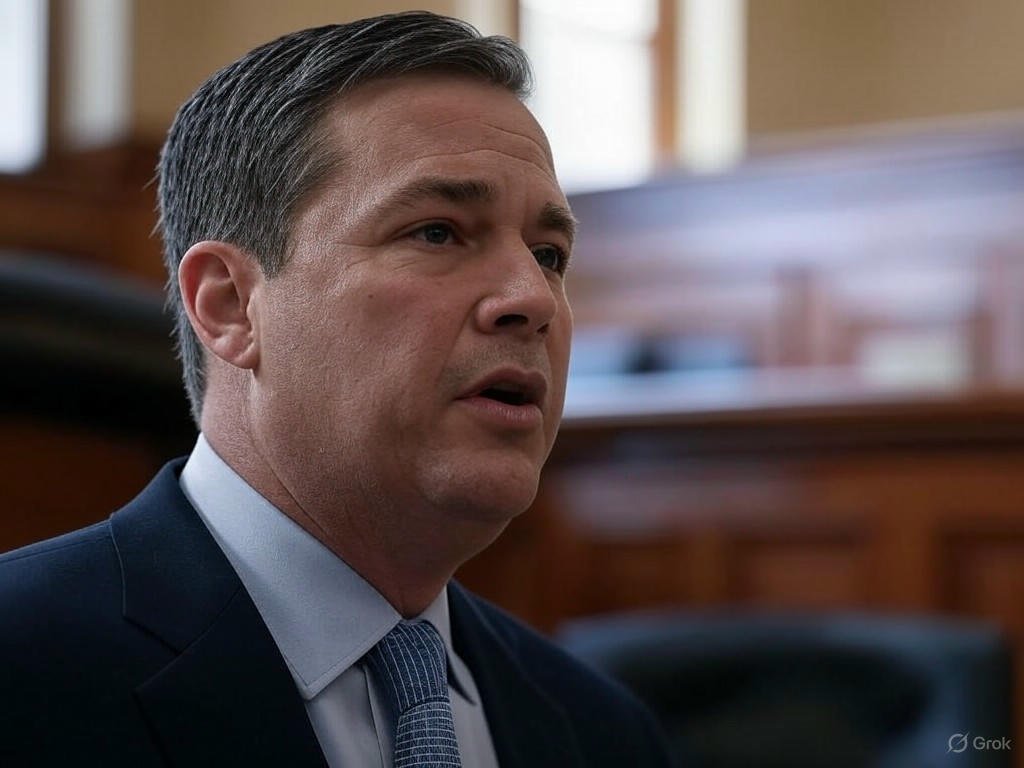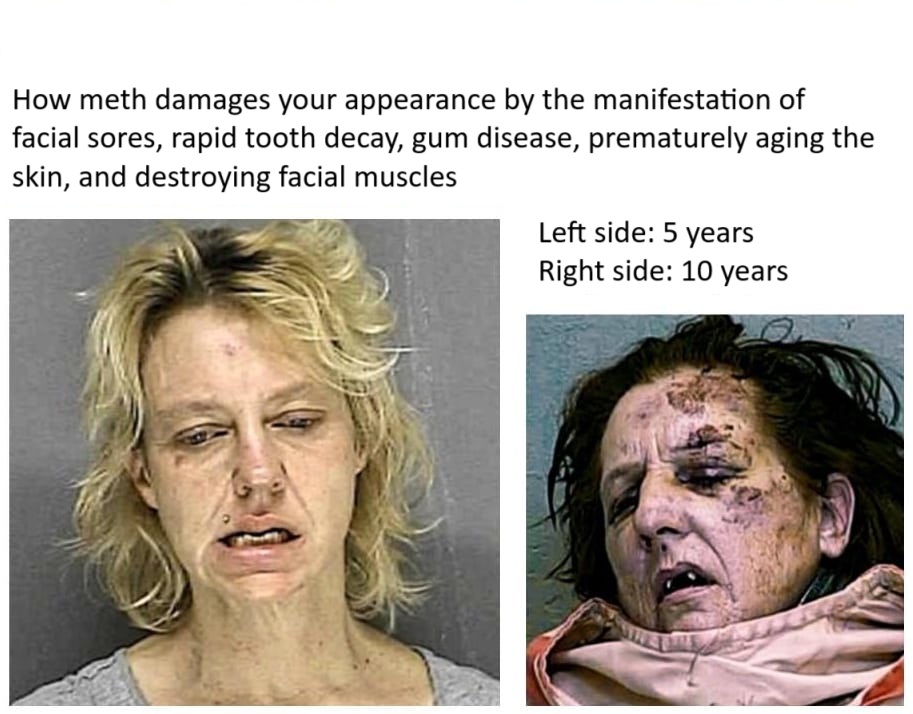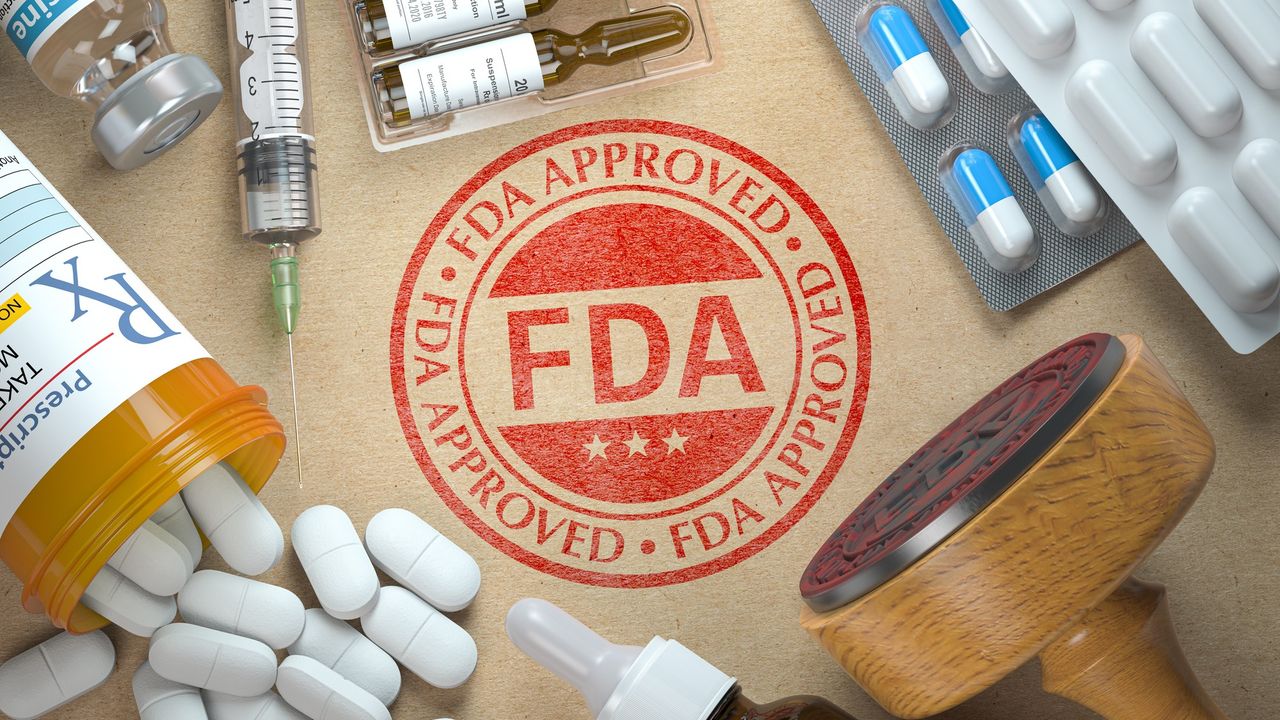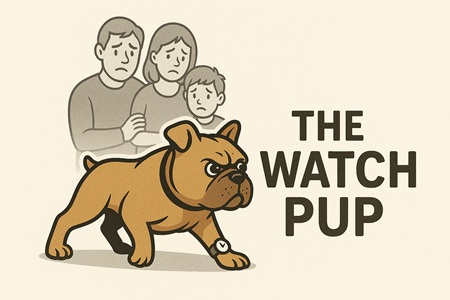

Federal Injustice: Prosecutors Push to Punish Adderall Sellers Like Meth Kingpins
In a stunning display of prosecutorial overreach and scientific ignorance, a Minnesota prosecutor, Bradley Endicott, is seeking to punish a man charged with distributing amphetamine (Adderall) as if he were selling methamphetamine—one of the most destructive and addictive substances known to man.
Let that sink in.
Despite clear, well-documented evidence that methamphetamine is exponentially more dangerous than amphetamine, the government is not only demanding that the base offense level be set as if this man had sold meth—but is also tacking on a two-point federal sentencing enhancement, adding two extra years behind bars, making it harsher than what a meth dealer would typically face.
Why? Not because the drugs are the same—they’re not. Not because the public harm is equivalent—it’s absolutely not. Rather, it’s because the government claims their trafficking patterns are similar. The enhancement, meanwhile, stems from the amphetamine being imported—allegedly to avoid contamination with meth or fentanyl—yet, in the prosecutor’s convoluted reasoning, this somehow justifies a harsher sentence than "locally sourced" methamphetamine would receive.
This is madness.
Methamphetamine crosses the blood-brain barrier faster, delivers a more intense high, and causes vastly more dopamine release, leading to a dramatically higher risk of addiction, brain damage, and violent behavior. It devastates families. It destroys communities. It’s linked to skin sores, “meth mouth,” psychosis, and heart failure.
Amphetamine, by contrast, is a widely prescribed medication, tightly controlled, and—while still a stimulant—lacks the devastating physical, psychological, and social consequences of meth. To treat them as equals in federal sentencing is not only unscientific—it’s unjust.
Even the Supreme Court has made it clear that sentencing should reflect reality. In Kimbrough v. United States, the Court ruled that judges are not required to follow guidelines that yield unreasonable or unfounded results. And this? This is both.
Amphetamine is generally sourced from pharmaceutical manufacturers or through European exports—not through cartel-run meth labs in Mexico. The government’s claim of “similar trafficking patterns” is a lie, pure and simple, meant to justify a harsher sentence not supported by law, facts, or logic.
This case isn’t just about one man—it’s about the integrity of our justice system. It’s about whether science, fairness, and common sense have any place in a courtroom, or whether prosecutors can twist the rules to fit their narrative and rack up harsher penalties.
The court must reject this abuse of discretion, calculate the sentence based on amphetamine—not meth—and strike the enhancement that punishes a man for not causing the harm the government’s narrative demands.
Justice demands nothing less.
TOP STORIES





